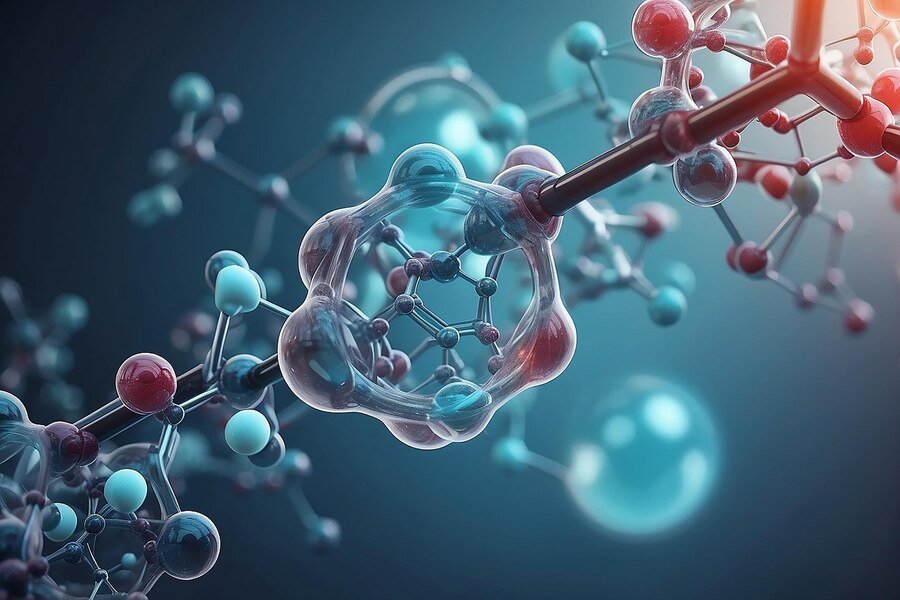Research
- Home
- Research
OUR RESEARCH AREAS

In vivo/in vitro evaluation of inhibitory (antiviral) activities of known and novel drugs against SARS- CoV-2 proteins and human proviral proteins.
This research investigates the antiviral potential of known and novel drugs against SARS-CoV-2 and human proviral proteins through in vivo and in vitro studies. By evaluating inhibitory activities, the study aims to identify effective therapeutic candidates, advancing treatment strategies for COVID-19 and related viral infections.

In silico design and development, and In vivo/in vitro assessment of antiviral agent against co-infection of HIV/TB.
This research focuses on the in silico design and development of antiviral agents targeting HIV/TB co-infection, followed by in vivo and in vitro evaluations. By integrating computational modeling with biological testing, the study aims to identify effective therapeutic candidates, improving treatment strategies for co-infected patients.

Bioinformatic and computational evaluation of genome
This research utilizes bioinformatics and computational techniques to analyze and evaluate genomic data. By applying advanced algorithms, machine learning, and statistical methods, the study aims to uncover genetic variations, functional elements, and evolutionary patterns, contributing to advancements in personalized medicine, disease research, and genomic biotechnology.

Molecular interactions of SARS-CoV-2 proteins and human host receptors and the effects of mutations on these interactions.
This research explores the molecular interactions between SARS-CoV-2 proteins and human host receptors, analyzing how mutations impact these interactions. Using computational modeling and experimental validation, the study aims to understand viral entry, immune evasion, and drug resistance, contributing to the development of effective therapeutics and vaccines.

Mycobacterium tuberculosis and cancer therapeutic targets.
This research investigates therapeutic targets in Mycobacterium tuberculosis and cancer, focusing on shared molecular pathways and druggable proteins. By integrating computational and experimental approaches, the study aims to identify novel treatment strategies, repurpose existing drugs, and enhance targeted therapies for tuberculosis and cancer.

AI algorithm development, statistical method development & data analysis
This research focuses on the development of AI algorithms, advanced statistical methods, and data analysis techniques to solve complex problems across various domains. By integrating machine learning, predictive modeling, and big data analytics, the study aims to enhance decision-making, optimize processes, and drive innovation in scientific and industrial applications.

Analysis of protein sequence and structure, computational protein design and drug discovery
This research focuses on the analysis of protein sequences and structures, computational protein design, and drug discovery. By leveraging bioinformatics, molecular modeling, and AI-driven simulations, the study aims to uncover functional insights, engineer novel proteins, and identify potential therapeutic compounds for various diseases.

Application and molecular modelling of protein structure knowledge to predict and design biophysical properties
This research applies molecular modeling and protein structure analysis to predict and design biophysical properties. By leveraging computational simulations and structural bioinformatics, the study aims to enhance protein stability, interactions, and functionality, contributing to advancements in drug design, biomaterials, and therapeutic protein engineering.

Pharmacokinetic properties prediction
This research focuses on the prediction of pharmacokinetic properties using computational modeling and AI-driven simulations. By analyzing drug absorption, distribution, metabolism, and excretion (ADME), the study aims to optimize drug design, improve efficacy, and minimize toxicity, accelerating the development of safer and more effective therapeutics.

Drug discovery and small molecule optimization
This research focuses on drug discovery and small molecule optimization using computational and experimental approaches. By leveraging molecular modeling, AI-driven simulations, and structure-activity relationship (SAR) analysis, the study aims to identify novel therapeutic compounds, enhance drug efficacy, and minimize side effects for various diseases.


